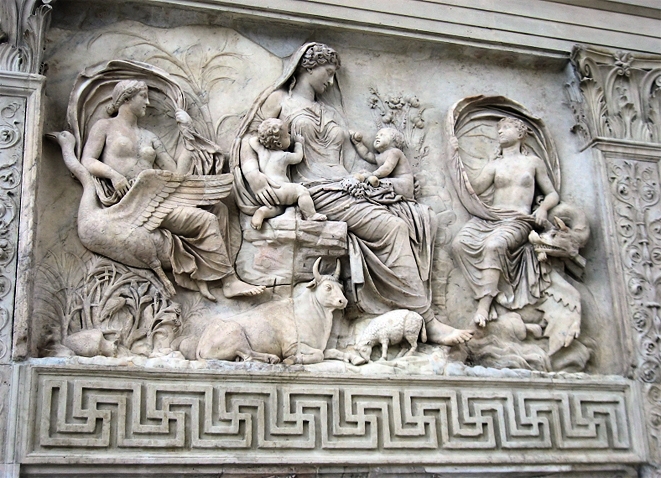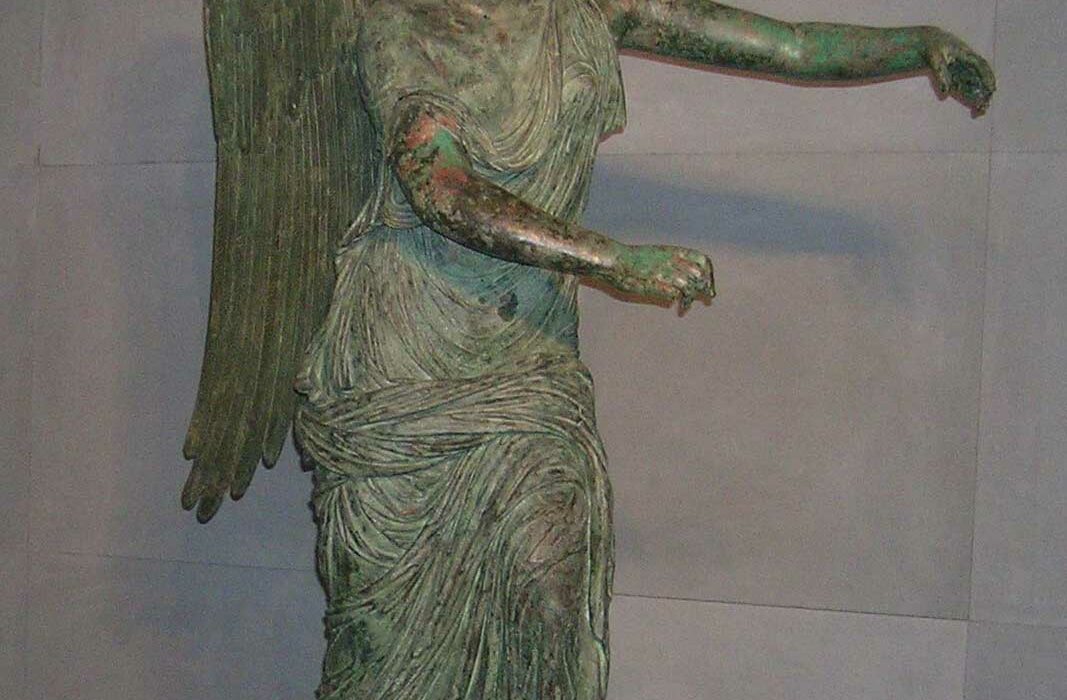Oltre le soglie del tempo: l’ermetica visione dell’Arcana Urbe – Stefano Mayorca
Nel lungo ciclo temporale, ciclico divenire, che mena verso le regioni impenetrabili del mito e delle sue misteriose e arcaiche dimensioni, si cela il magico cammino dell’Urbe, magica testimonianza di antichi splendori e di ermetiche assonanze. Luogo carico di ancestrali richiami e di ctonie vibrazioni, che nelle pieghe del tempo, hanno visto nascere l’eterna impronta


